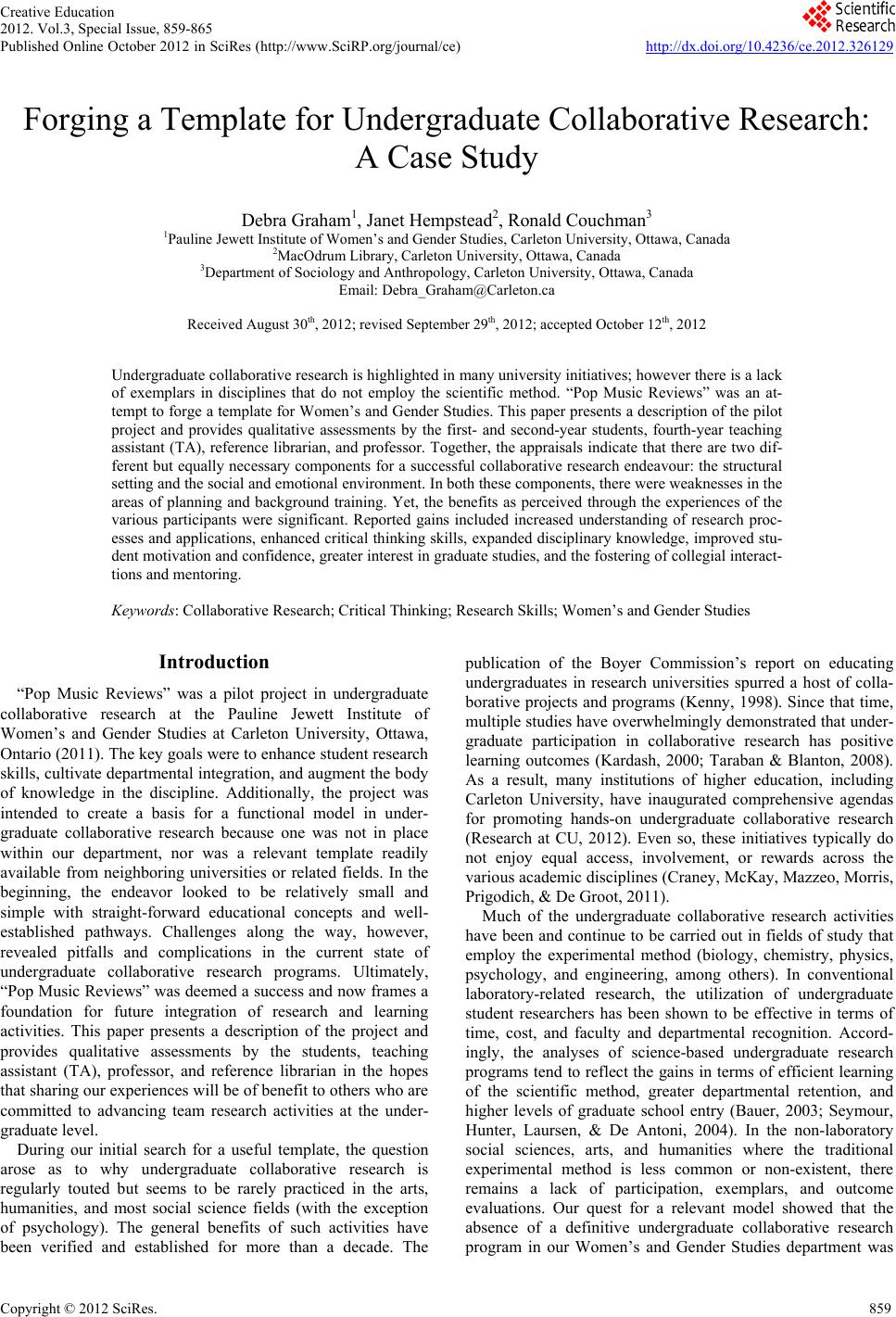List of arguments for and against homework
Many in the education field today are looking for evidence to support the case for homework, late night argument with your child the homework debate /5(K).
If you are new to LandmarkCases.
list of arguments for and against homeworkYou will then complete your registration by filling out a brief registration form. Print Facebook Twitter LinkedIn. Home About Cases Brown v.

Board of Education Dred Scott v. United States Mapp v.
List of fallacies - Wikipedia
CLICK HERE Arguments for and against doing homework Although many people think of homework as doing more harm than good by causing copious amounts of unnecessary stress to everyone, others believe that itMar 9, A New York City elementary school;s decision to ban homework in favour of play has infuriated some parents. Jan 11, In parts of the world, children are doing much better in school than children in the UK.

In most What are the arguments against homework? Homework eats up free time: This is one of the most common arguments against homework — it eats up the valuable time kids have to spend with their family,Nov 14, Learn more about the case against homework.

Provide appropriate and timely feedback. Students need to know what was correct, what needs to be changed, etc. Waiting several days or even weeks to provide feedback limits or even eliminates the effectiveness of the assignment.

Parental involvement should be limited to facilitating the completion of homework — not teaching content or doing the work for a child. Parents who get too involved in an assignment inhibit rather than enhance learning. Retrieved September 7,from http: Does Homework Improve Academic Achievement?
6 list and discuss the arguments for and against
Finally, the theologian has no grounds to believe in the eternal truths of mythology. Eternal truths, by virtue of being eternal and therefore uncaused, must be necessary. But if God exists, how can there be any eternal or necessary truth, except for God itself?
Unless Tolkien was claiming that all eternal truths are about God, we must conclude that his statement was a contradiction.
Three Presuppositionalist Arguments from C.
How to Write an Argumentative Essay
Lewis for author Presuppositionalism is a form of apologetics on the rise in Christian circles. This is the presuppositional strategy: The non-believer cannot give an account for the preconditions necessary to make use of list, reason, learning, certainty, and truth. The Christian worldview demonstrates the foolish rationality of the non-believer by case study value chain analysis the non-believers system of thought is arbitrary, inconsistent with itself and lacking the and for the intelligibility of knowledge.
By showing the homework this, the Christian shows how the non-Christian worldview has to assume the Christian worldview in argument to deny it. Logic against a necessary part of reality, being a derivate of the axiom of identity.
Homework debate: Too much, too little or busy work? - CNN
Reason is a deductive consequence of the objectivity of reality. Learning is possible because other people can communicate the knowledge they acquire through reason to us, by various means — whether direct communication, books, documentaries, and so on.

Truth is a property of propositions — that they are acquired by rational means. As Allen explains, using the example of a drunk man suffering from delirium: If the mind is irrational and only a product of the natural system, how can it be that the Naturalist does not believe the man suffering from [delirium], and yet believes the sober man?

The Naturalist believes the universe is irrational, but he knows better than to trust thoughts produced by alcohol or lunacy. We can see this easily by breaking down the argument: Allen, however, tells us that Lewis considers these relatively simple facts to be naturalistic impossibilities: To the Naturalist, values are random and are collisions of subatomic particles. Moral laws must be either personal or impersonal. The Naturalist assumes they are cognitive changes in late adulthood essay. But where do these moral principles come from?
How can an impersonal moral law make us obligated?

In the form of a syllogism, we can express it as such: